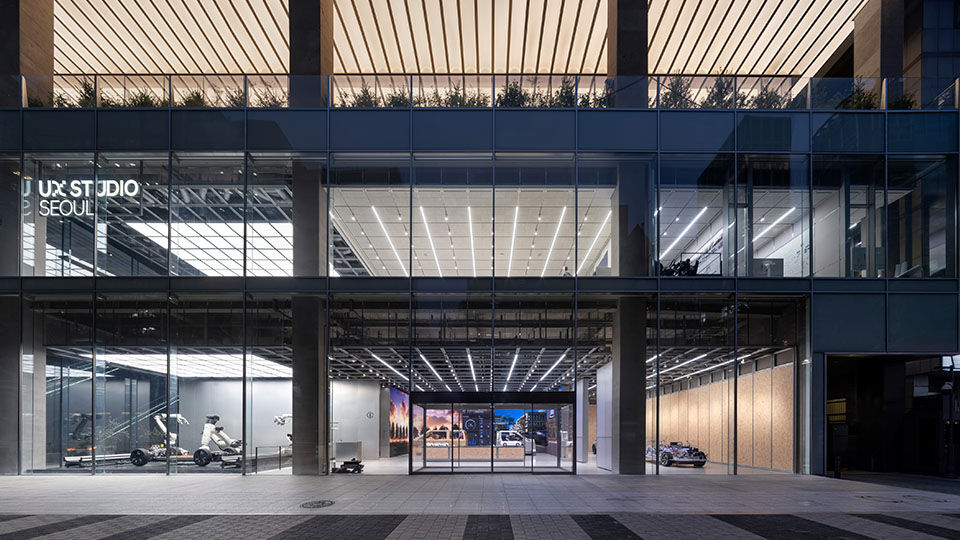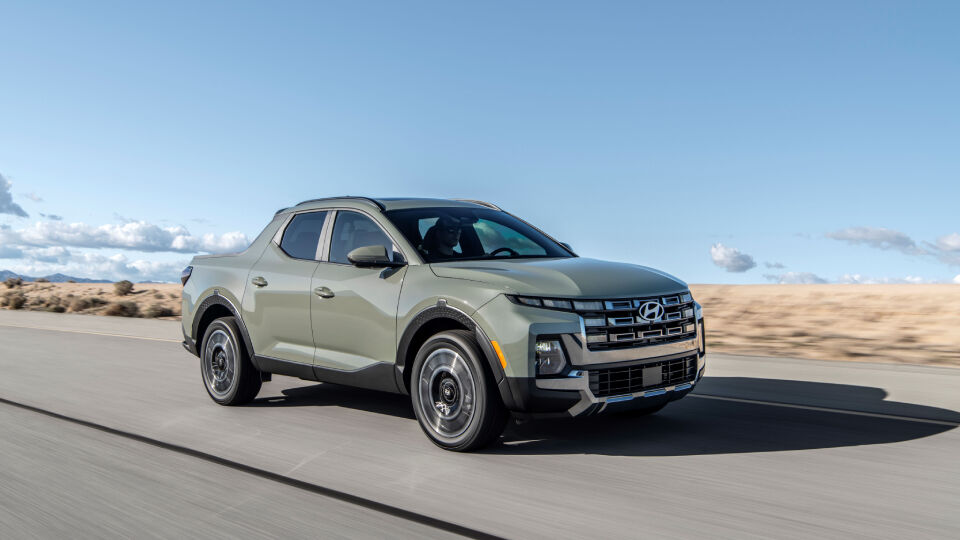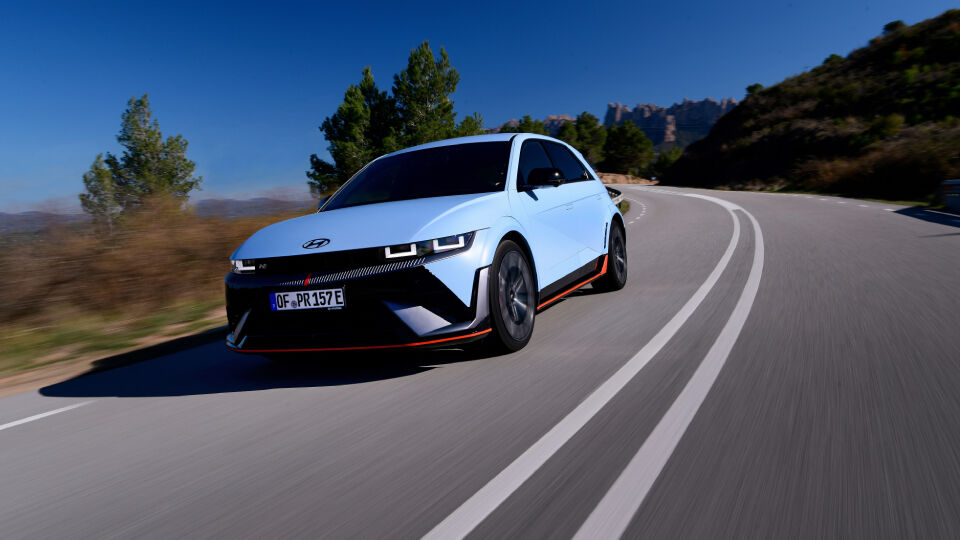Hyundai Worldwide Global Navigation
Hyundai Motor Company has published its 2025 Sustainability Report, detailing the company's comprehensive efforts, achievements, goals, and future plans for sustainable business operations.
Hyundai’s IONIQ 5 XRT has been named the Best U.S.- Built Sports Vehicle of the Year by American Cars And Racing (ACAR).
Hyundai Motor Company (Hyundai) is gearing up for the world premiere of its eagerly awaited IONIQ 6 N at the prestigious Goodwood Festival of Speed on July 10, 2025, 12:30 BST / 20:30 KST.

















